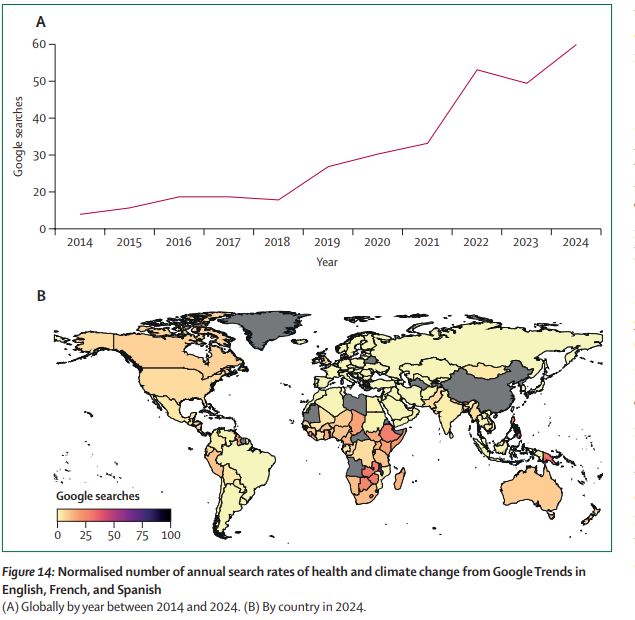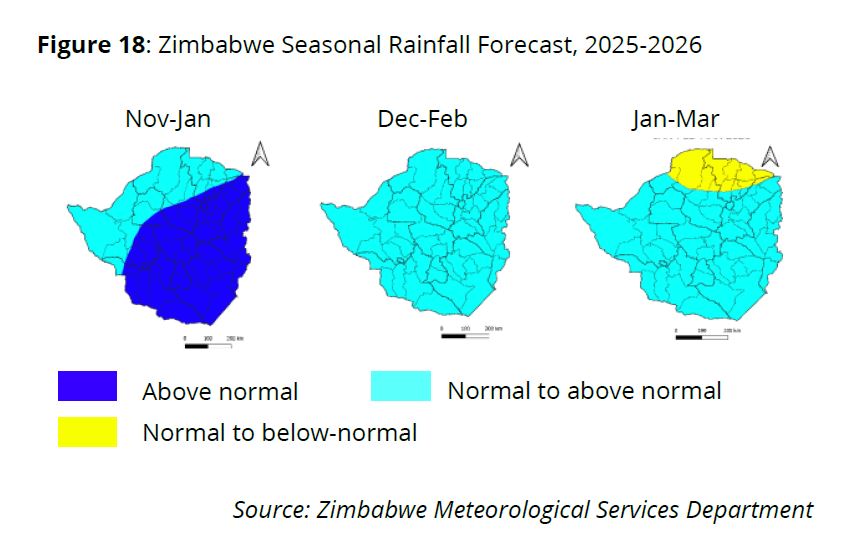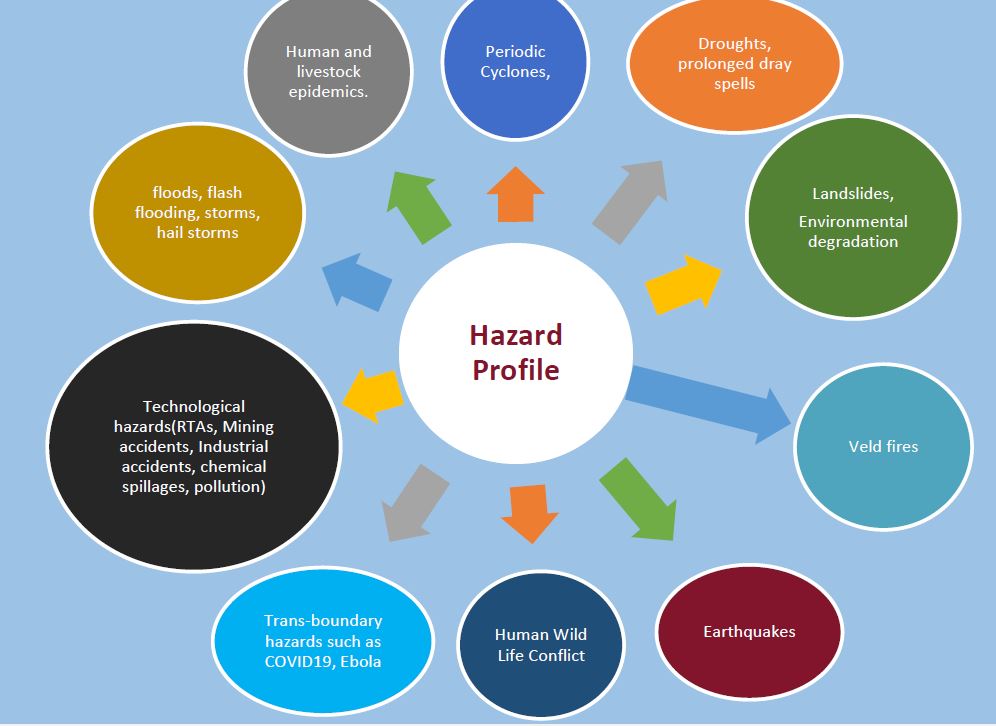Heat-related deaths are skyrocketing, increasing by 23% since the 1990s and reaching an annual average of 546,000 deaths, a new report shows.
The 2025 Lancet Countdown on Health and Climate Change report, released in collaboration with the World Health Organisation (WHO), says climate change is directly to blame for the escalating crisis.
The report states that in 2024, the average person was exposed to 16 days of dangerous heat that would not have happened otherwise.
Most alarmingly, infants and older adults are suffering the most, facing over 20 heatwave days per person, a fourfold increase in exposure over the last two decades.
The report notes that the ongoing overreliance on fossil fuels and the failure to adequately adapt to a heating climate are already devastating human health,
In response, the World Health Organisation and international partners are urging leaders to acknowledge that protecting people’s health must be the most powerful driver for climate action.
“The climate crisis is a health crisis. Every fraction of a degree of warming costs lives and livelihoods,” said Assistant Director-General for Health Promotion and Disease Prevention and Care at the World Health Organisation Jeremy Farrar said.
“This report, produced with WHO as a strategic partner, makes clear that climate inaction is killing people now in all countries. However, climate action is also the greatest health opportunity of our time. Cleaner air, healthier diets, and resilient health systems can save millions of lives now and protect current and future generations.”
The report tracked 20 key indicators of health threats, finding that 12 have reached record levels. This alarming data underscores how the current trajectory is straining health systems, undermining economies, and ultimately costing lives.
The report highlights that droughts and heatwaves were associated with an additional 124 million people facing moderate or severe food insecurity in 2023.
Heat exposure caused 640 billion potential labour hours to be lost in 2024, with productivity losses equivalent to US$1.09 trillion.
According to the report, governments spent US$956 billion on net fossil fuel subsidies in 2023, more than triple the annual amount pledged to support climate-vulnerable countries.
It notes that there were an estimated 160 000 premature deaths avoided every year between 2010 and 2022, from reduced coal-derived outdoor air pollution alone.
Renewable energy generation reached a record 12% of global electricity, creating 16 million jobs worldwide, according to the report.
“We already have the solutions at hand to avoid a climate catastrophe – and communities and local governments around the world are proving that progress is possible. From clean energy growth to city adaptation, action is underway and delivering real health benefits – but we must keep up the momentum,” Executive Director of the Lancet Countdown at University College London Marina Romanello said.
“Rapidly phasing out fossil fuels in favour of clean renewable energy and efficient energy use remains the most powerful lever to slow climate change and protect lives. At the same time, shifting to healthier, climate-friendly diets and more sustainable agricultural systems would massively cut pollution, greenhouse gases and deforestation, potentially saving over ten million lives a year.”
Discover more from CLIMATE BRIEF
Subscribe to get the latest posts sent to your email.





